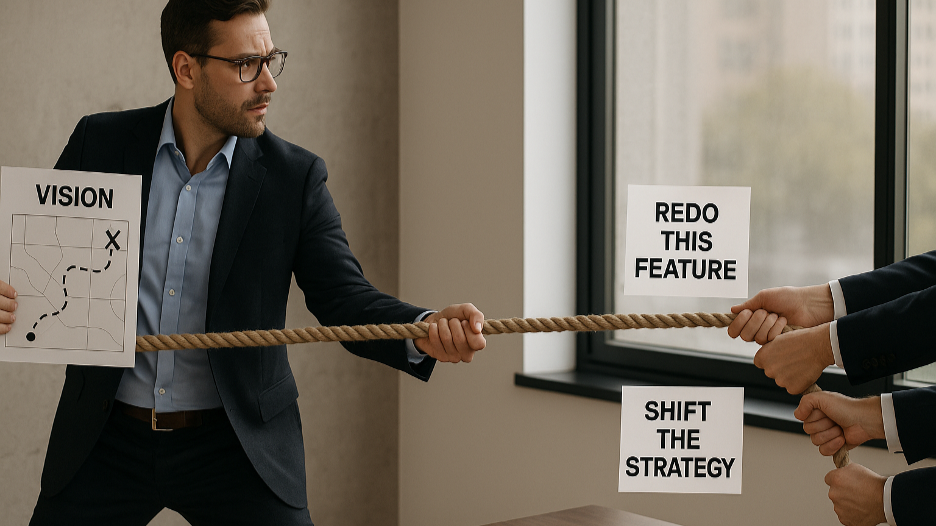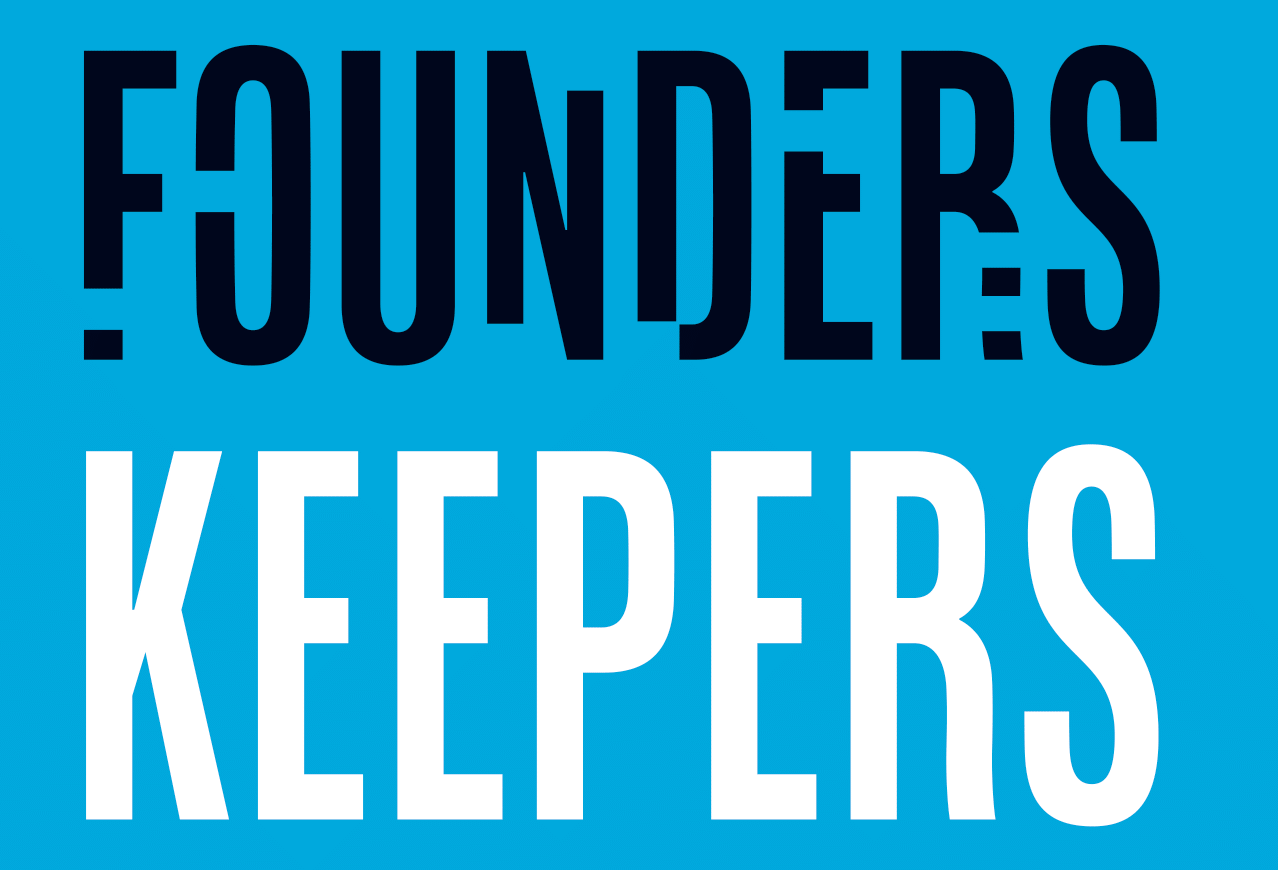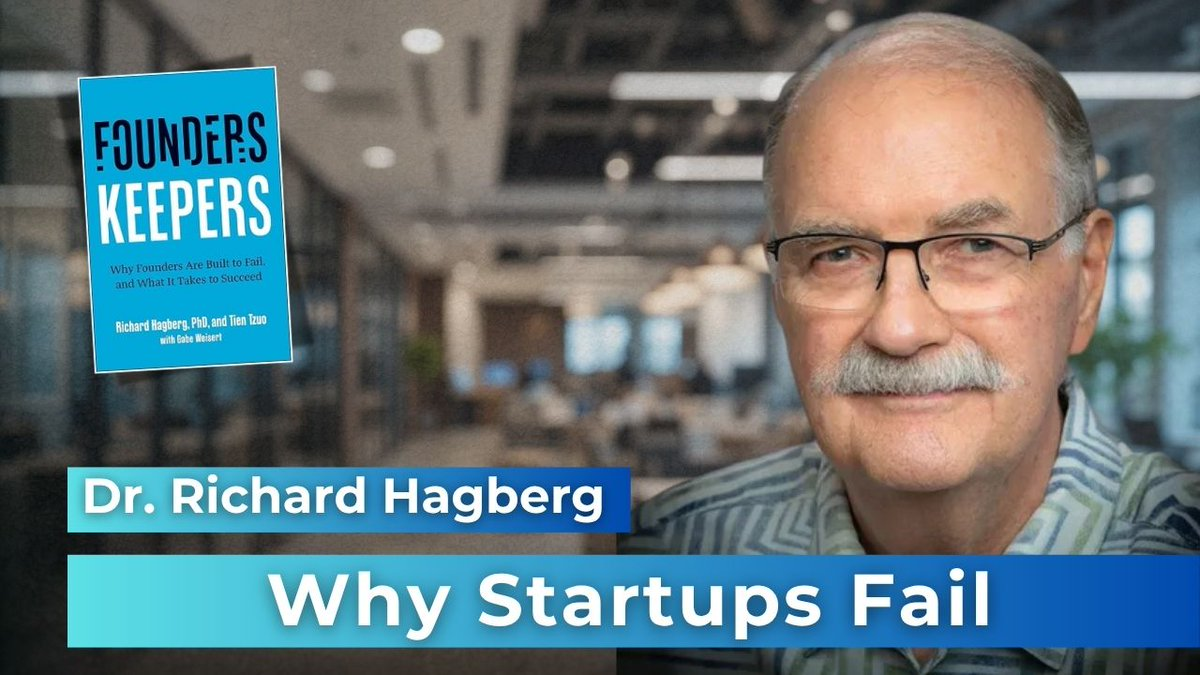Article
The Board Trap: What Founders Want vs. What They Need

It’s late on a Thursday evening. A startup founder, let’s call him Alex, sits alone in his dimly lit office, staring at the screen filled with investor emails, recent board meeting notes, and a looming sense of anxiety. Despite a growing market presence, promising early metrics, and investor enthusiasm, Alex feels increasingly isolated. His board meetings are cordial, even friendly, yet he leaves each one with a nagging sense that something critical is missing. Alex is facing what countless startup founders encounter: the gap between what he wants to hear from his board and what he actually needs. More troubling, he’s realizing the uncomfortable truth that what he often gets from his board might be the very opposite of helpful.
The Comforting Echo Chamber
Like most founders, Alex needs a bit of encouragement. He appreciates when board members praise his vision, validate his strategy, and highlight early successes. Founders crave affirmation because it fuels their drive through the rollercoaster of startup life. Hearing “You're on the right track,” or “Keep doing what you're doing,” feels good and seems helpful—at least at first. But when such praise becomes generic cheerleading, it ceases to help. Boards that offer vague encouragement without specific, candid insights inadvertently trap founders like Alex in an echo chamber. Without real feedback, he can’t discern his blind spots—areas where critical weaknesses could quietly undermine his growth trajectory. This often manifests as a reluctance to deliver tough messages, leaving founders unaware of crucial issues that could impact their success.
Micromanagement Disguised as Support
Equally problematic are board members who swing too far in the opposite direction, moving beyond strategic oversight into operational micromanagement. Every founder knows the frustration of having board members who, despite good intentions, involve themselves too deeply in day-to-day decisions, weakening the founder’s authority and autonomy. Alex’s board sometimes means well, but when a key investor repeatedly intervenes to question his decisions on product features, marketing strategies, or even team hires, he begins to doubt himself. Micromanagement erodes confidence, disrupts clear accountability, and ultimately hampers execution, which is ironic because execution is precisely where many founders already struggle. This constant questioning of operational decisions can stifle a founder's ability to lead and innovate.
The Danger of Ambiguous Expectations
Another persistent issue Alex faces is the ambiguity around what his board truly expects. Clear, objective expectations from the board are crucial for founder success. However, many investors unintentionally avoid specificity, setting vague or shifting goalposts that confuse rather than clarify. Without clear performance criteria, founders are left guessing, constantly uncertain about whether their strategies align with investor expectations. Ambiguity creates chronic anxiety and undermines founders' confidence. Worse yet, ambiguous expectations can lead to misalignment on strategic goals, causing founders to chase short-term validation rather than sustainable, long-term growth. This lack of clarity can lead to wasted effort and misdirected priorities.
The Need for Tough Love
Your board shouldn’t just be your fan club—it needs to be your coach. Effective boards must deliver constructive, direct, and sometimes uncomfortable truths. Alex, despite his discomfort, desperately needs his board to candidly highlight his developmental gaps—areas like delegation, short-term planning, accountability, or conflict management. Yet, in practice, board members frequently avoid these tough conversations, sidestepping critical feedback to maintain harmony or to avoid confrontation. Founders are left unaware or in denial about key weaknesses that urgently need attention. A board’s hesitance to challenge its founder creates blind spots that can jeopardize the startup’s viability at critical inflection points. The willingness to deliver "tough love" is essential for a founder's personal and professional growth.
Why Systematic Evaluations Are Non-Negotiable
Alex’s board rarely provides structured evaluations. This isn't uncommon. Surprisingly few startup boards implement regular, formal performance assessments of their CEOs. Without this structure, Alex receives sporadic, anecdotal feedback that's often subjective and unhelpful. Your board should commit to regular, structured evaluations that provide clear benchmarks and developmental insights. Such evaluations aren't just formalities—they're vital tools for leadership growth. Alex, like most founders, needs a transparent, systematic approach that explicitly lays out how he’s doing, where he excels, and exactly what needs improvement. This provides founders with concrete data points for improvement and recognizes their strengths.
Leverage or Lose the Network
Investors often promise founders access to their networks. In reality, many founders find those promises hollow. Alex, initially thrilled by the potential connections promised by his investors, now finds his board reluctant or slow to make meaningful introductions. Connections to customers, strategic partners, funding sources, and talent are critical for early-stage companies. Boards that fail to leverage their networks deprive founders of essential resources needed to scale. A board's network can open doors that would otherwise remain closed to a young startup.
Short-Term Pressure vs. Long-Term Vision
A major frustration founders like Alex feel is when boards become overly obsessed with short-term wins, losing sight of long-term strategic objectives. Investors focused solely on immediate returns inadvertently push founders toward reactive, tactical decisions rather than deliberate, strategic growth. Alex’s board frequently pressures him for rapid user growth and immediate profitability metrics that, while appealing in quarterly reviews, can compromise sustainable business strategies. Effective boards balance urgent priorities with long-term strategic vision, guiding founders toward decisions that position the company for lasting success. This strategic balance is crucial for sustained growth and avoiding a treadmill of short-term fixes.
Poor Onboarding and Board Dynamics
Alex’s frustration began from day one, during a poor onboarding experience. His board, eager to dive into immediate challenges, neglected systematic orientation. Alex, like many founders, finds himself navigating unclear expectations, hidden dynamics, and unexplained board norms, leading to confusion and inefficiency. Good boards invest heavily in onboarding, clearly establishing expectations, governance procedures, and communication norms. Without this clarity, founders waste precious energy decoding board expectations, rather than focusing fully on running their business. A well-structured onboarding process sets the stage for a productive and trusting board-founder relationship.
Communication Failures and Board Passivity
Perhaps the most pervasive issue Alex faces is board passivity—boards that fail to engage actively, question rigorously, or hold him accountable effectively. Passive boards become rubber-stamping bodies, missing critical strategic oversights and reducing governance to a superficial exercise. Moreover, poor responsiveness from investors—late replies, vague answers, and irregular engagement—creates uncertainty and disrupts timely decision-making, undermining the founder-board relationship. Effective governance demands consistent engagement, rigorous questioning, and candid dialogue. An engaged board is a vital asset, providing critical oversight and support.
The Trust Factor
Finally, the bedrock of effective founder-board dynamics is trust—genuine, mutual trust built on empathy, respect, and honest dialogue. Unfortunately, transactional and impersonal relationships are common. Alex increasingly senses his board views him merely as an asset rather than a partner. When boards fail to genuinely empathize with the intense personal and emotional toll founders face, trust diminishes, communication deteriorates, and the board-founder relationship becomes adversarial rather than supportive. Building a foundation of trust is paramount for a truly collaborative and effective partnership.
Closing the Gap
If you're a founder reading this, the good news is awareness is the first step toward bridging the gap between what you want to hear and what you actually need. Demand transparency, structured feedback, clear expectations, and active engagement from your board.
If you're an investor or board member, understand the urgency and necessity of providing clear, actionable, and candid support. Embrace structured evaluations, leverage your networks proactively, balance short-term demands with long-term vision, and above all, commit to building trust and empathy with your founders.
In short, boards should be less cheerleader and more coach, less micromanager and more strategic partner. Founders must learn to welcome—even demand—the uncomfortable truths essential for their growth. Alex’s late-night realization is powerful: the health of his startup depends not on hearing pleasant platitudes, but on receiving actionable truths. It’s uncomfortable—but essential. His success, and yours, depends upon it.
share this
Related Articles
Related Articles

STAY UP TO DATE
GET PATH'S LATEST
Receive bi-weekly updates from the church, and get a heads up on upcoming events.
Contact Us










